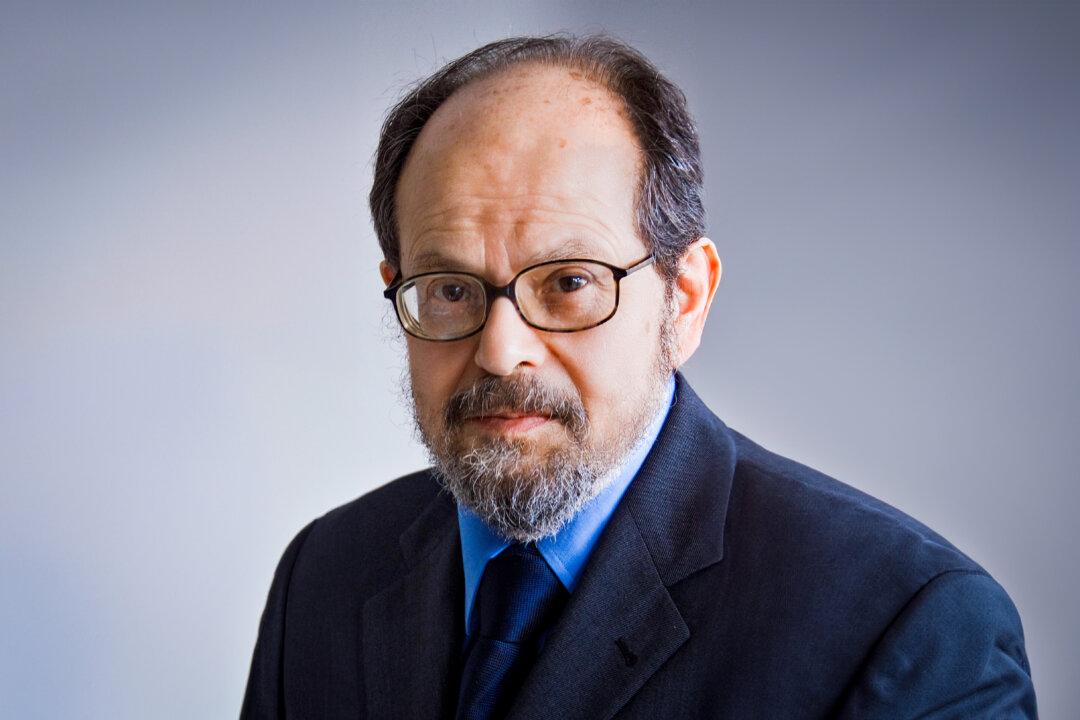In a recent episode of American Thought Leaders, host Jan Jekielek and Richard Lindzen, professor emeritus of atmospheric sciences at the Massachusetts Institute of Technology, discuss the real meaning of science, the scientific ignorance of so many of our policy makers, the false assumptions fueling today’s climate extremism, and the horrific damage done worldwide by misguided policies.
Jan Jekielek: You said that science is one of the few words that when you add “the” in front of it, it means the exact opposite.






